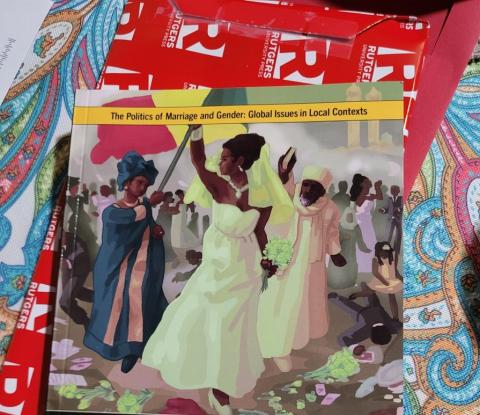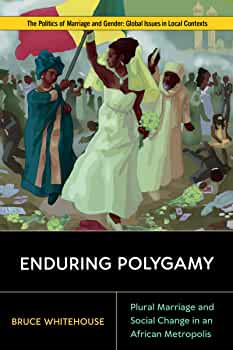
Anthropologist Bruce Whitehouse, a Global Studies faculty member and former GS director, has written a new book about why polygamy persists in African cities. Many people would expect that in a rapidly-growing, modern city, more young people would choose monogamous marriages—but that hasn’t happened in Bamako, Mali, where Prof. Whitehouse conducts ethnographic fieldwork. This question is the basis for his new book, Enduring Polygamy: Plural Marriage and Social Change in an African Metropolis, published by Bucknell University Press.
From the publisher’s website:
Why hasn’t polygamous marriage died out in African cities, as experts once expected it would? Enduring Polygamy considers this question in one of Africa’s fastest-growing cities: Bamako, the capital of Mali, where one in four wives is in a polygamous marriage. Using polygamy as a lens through which to survey sweeping changes in urban life, it offers ethnographic and demographic insights into the customs, gender norms and hierarchies, kinship structures, and laws affecting marriage, and situates polygamy within structures of inequality that shape marital options, especially for young Malian women. Through an approach of cultural relativism, the book offers an open-minded but unflinching perspective on a contested form of marriage. Without shying away from questions of patriarchy and women’s oppression, it presents polygamy from the everyday vantage points of Bamako residents themselves, allowing readers to make informed judgments about it and to appreciate the full spectrum of human cultural diversity.
Listen to Prof. Whitehouse talk about his research here...
Order your copy here!...

